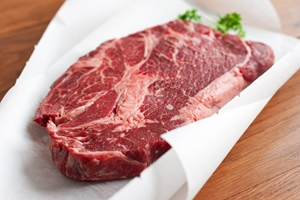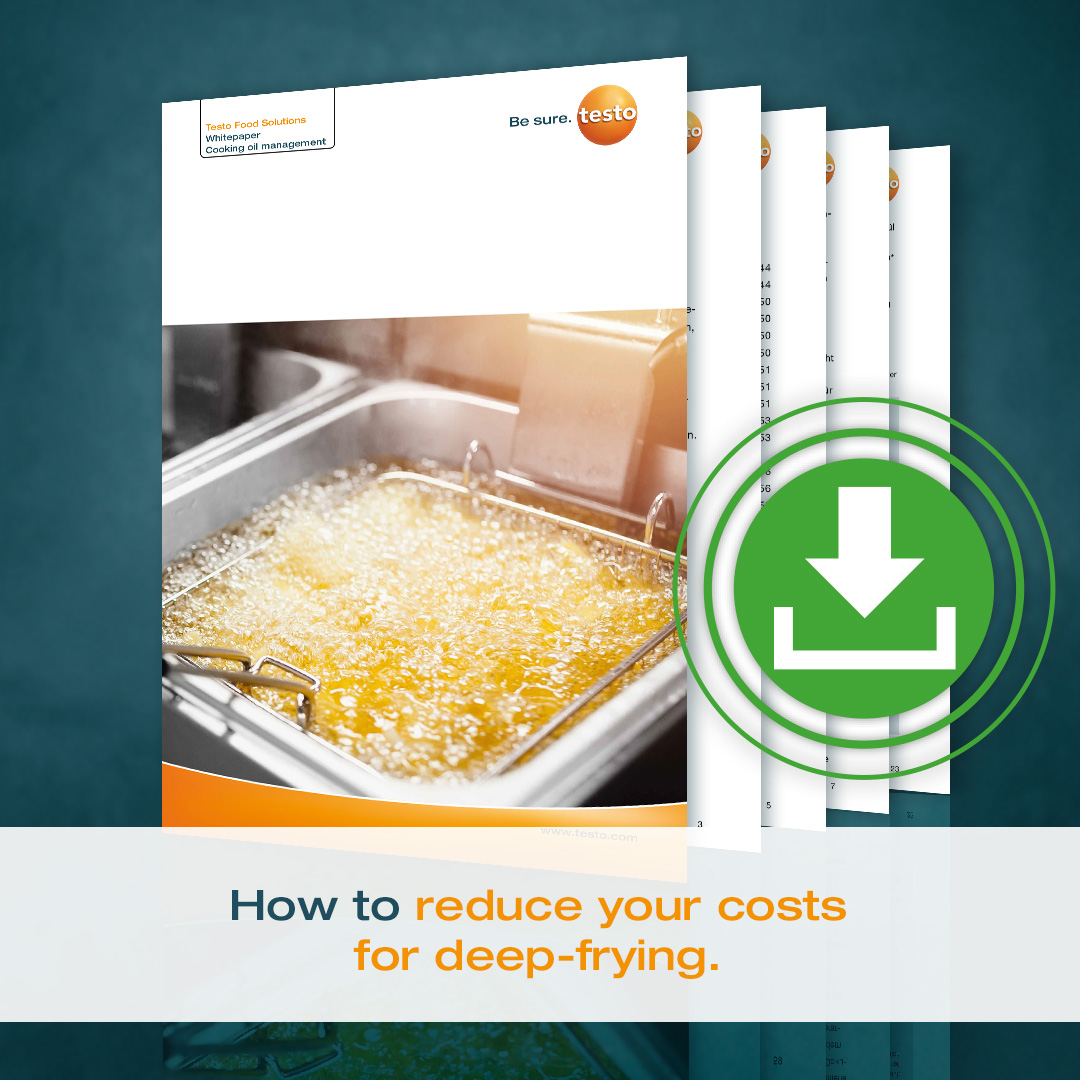Australia has a long and rich history farming an assortment of animals such as cattle, pigs, sheep, kangaroo and a variety of others.
The country has often done very well in overseas markets, but in recent years has been beaten to deals by other Asia-Pacific nations such as New Zealand and Malaysia. However, with China always looking for food to feed its growing population – could Western Australian meat be the first step to a long and prosperous relationship?
Here’s hoping – and with a historic agreement signed in the state earlier this month, some industry leaders already have their sights much higher.
On August 4, China’s largest red meat importer Grand Farm and South-West processor V&V Walsh signed an agreement that will deliver long-term benefits to both the sheep and cattle industries state-wide. This could be the start of consistent supply of meat into China from Western Australia.
China is WA’s most valuable export market client for agrifood products such as meat. This relationship is currently valued at $1.027billion, and this deal will only add to those increasing figures.
Agriculture and Food Minister Ken Baston, who witnessed the signing, believes a red meat alliance can boost the state in a number of areas.
“This joint venture is an exciting development which now presents an opportunity for the significant transformation of both the WA and Inner Mongolian cattle and sheep meat industries,” he said.
“The State Government, through the Department of Agriculture and Food, is well placed to support development of the project and to supply technical expertise at both ends of the supply chain.”
Mr Baston stated that WA boasts an “outstanding” biosecurity status and offers world class management systems. WA also has a international reputation for producing safe, quality lamb and beef products.
China’s chequered past with meat
China’s relationship with outside meat hasn’t always been the best. There have been many examples in recent history that highlight the importance of a capable export system.
In fact, just last month, the BBC reported China had detained five individuals in its investigation into old meat. Many fast food chains around China, including McDonald’s and KFC, were supplied with out of date meat.
Chinese officials also suspended operations at Shanghai Husi Food, the local unit of a major US-based food supplier. Local media had earlier claimed the company was repacking old meat and putting new expiration dates on them, as well as mixing out-of-date meat with fresh products.
The fallout of this scandal may have not reached its conclusion, however, Chinese authorities have been quick to reassure the public that products coming into the country are safe and being produced to standard.
On August 19, many suppliers in China issued a joint statement stating public confidence in the food industry was of great importance and that they would working harder moving forward. In a vital note to exporters from other countries, the suppliers agreed to tighten monitoring quality controls to assist to produce food that meets Chinese food safety standards.
While this wasn’t directed specifically against Australian businesses, it does give an indication that China will be very suspect of imported meat.
Precautions needed
Having the right tools and policies in place can go a long way to ensuring meat from Western Australia is accepted into China. Any scandal or issue will have devastating consequences on the local economy.
Weather conditions and the shipment length can affect the food quality when it gets into port. To combat these issues and avoid penalties and business losses, it is important to have controls in place during transportation.
This can include tools like data logging devices, which are ideal for monitoring temperatures and the humidity of sensitive goods like meat products.
Data loggers can be used to check ship climates continuously, in order to ensure the meat is the same quality on arrival as they were on packaging.









 Reduce cooking oil costs while ensuring quality
Reduce cooking oil costs while ensuring quality Expert knowledge on CO2 monitoring
Expert knowledge on CO2 monitoring Refrigeration knowledge - in 3 modules
Refrigeration knowledge - in 3 modules



